Share
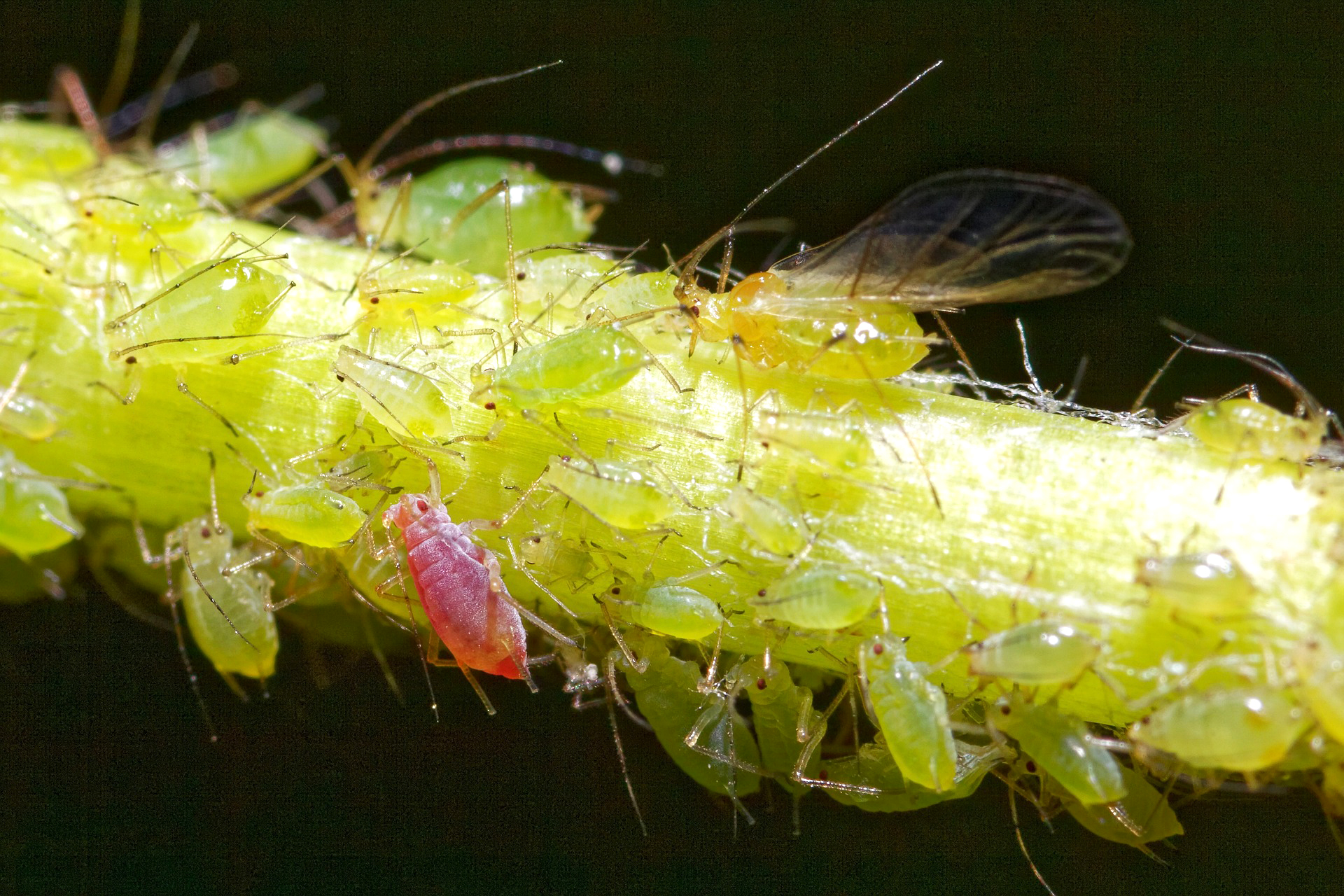
Aphids in the Garden: A Guide for Gardeners
As gardeners eagerly tend to their beloved plants during peak gardening season, an unwelcome visitor often makes its presence known—the aphid. These tiny pests can wreak havoc on gardens, causing damage to plants and frustrating gardeners everywhere. In this blog post, we’ll delve into the world of aphids, exploring their characteristics, reproductive habits, methods of prevention, and how Moana Nursery is taking steps to address the issue.
Aphids are small, soft-bodied insects that belong to the order Hemiptera. With over 4,000 known species, these pests come in various colors, including green, black, brown, yellow, and even pink. Measuring only a few millimeters in length, aphids have pear-shaped bodies with long antennae and tubes, known as cornicles, protruding from their backsides.
Aphids are notorious for their rapid reproduction rates, which can quickly lead to infestations in gardens. Most aphids reproduce through a process known as parthenogenesis, where females give birth to live offspring without mating. This ability allows a single aphid to produce multiple generations, resulting in exponential population growth.
The larvae of aphids, commonly referred to as nymphs, are challenging to detect due to their small size and translucent bodies. Nymphs closely resemble adult aphids but lack wings. As they grow, they molt several times until reaching maturity.
Aphids are highly adept at spreading from plant to plant. They have several methods of dispersal, including flying, crawling, and being carried by wind currents. Moreover, ants, attracted to the honeydew aphids produce, may also aid in their transportation. These factors contribute to the ease with which aphids can infest a garden, rapidly moving from one plant to another.
Moana Nursery recognizes the importance of addressing aphid infestations while adhering to restrictions on chemical pesticide usage. To combat this problem, we release 100,000 ladybugs annually into our garden centers to benefit the community. Ladybugs are natural predators of aphids, devouring them at an impressive rate. By encouraging the presence of ladybugs, we aim to maintain a balanced ecosystem that naturally controls aphid populations.
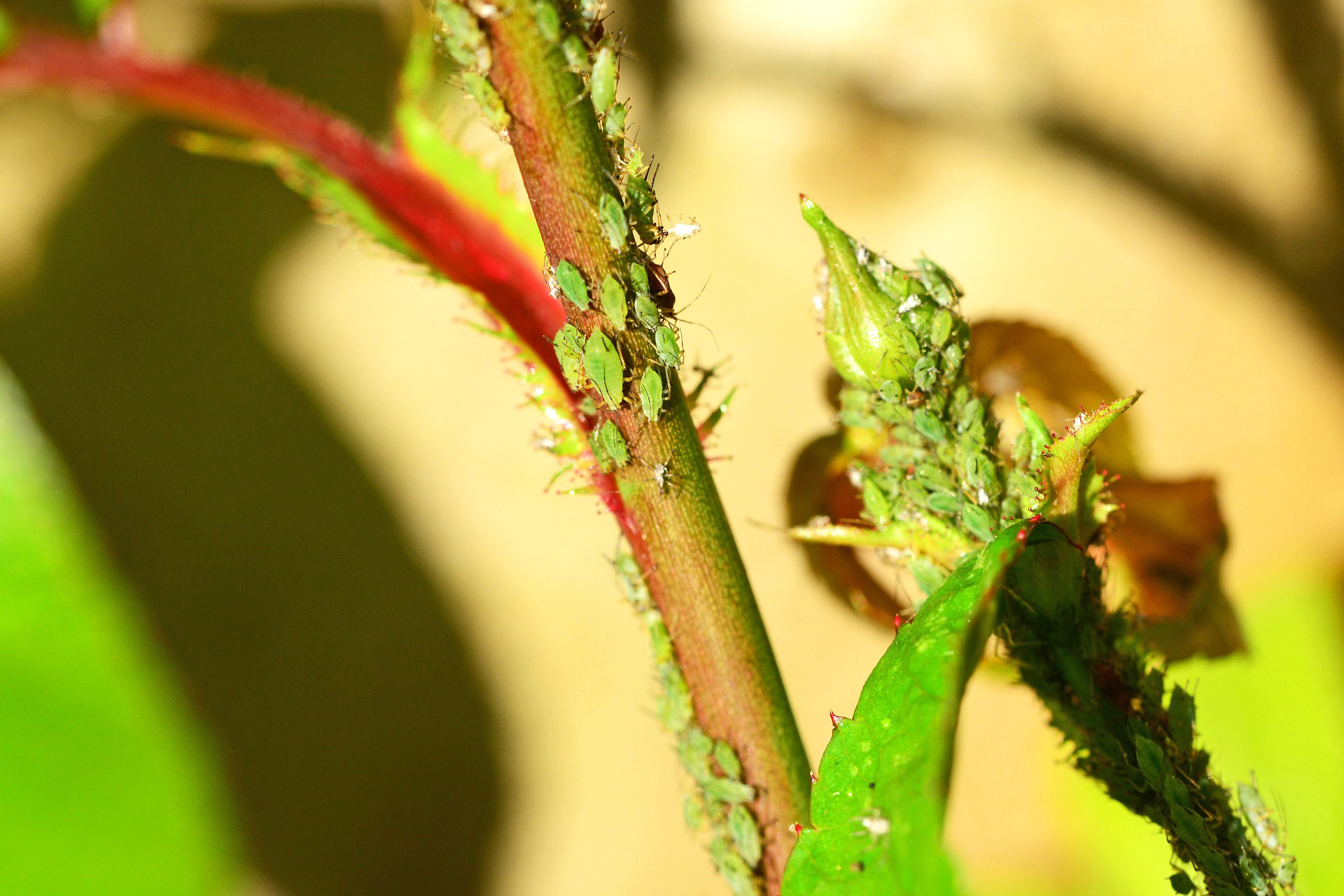
As a gardener, you play a crucial role in preventing and managing aphid infestations. Here are some tips to consider:
Thorough Inspection: Before purchasing plants from any garden center, perform a careful inspection to ensure they are aphid-free. Look for clusters of aphids or signs of their presence, such as distorted leaves or sticky residue. If you do notice insect activity, let an employee know right away. Quick treatment can prevent major infestations and reduce the likeliness of pests traveling to your garden.
Isolation Period: After bringing new plants home, keep them isolated from the rest of your garden for at least a week. This precautionary step allows you to monitor the plants for any signs of aphids or other pests before introducing them to your existing garden.
Preventative Treatments: Consider using natural remedies like neem oil or insecticidal soap, which can help deter and control aphid populations. These treatments are safe for the environment and do not pose harm to beneficial insects or wildlife.
Encourage Beneficial Insects: Attract natural predators of aphids to your garden by planting flowers and herbs that provide nectar and pollen, such as lavender, dill, and yarrow. Beneficial insects like ladybugs, lacewings, and hoverflies will be drawn to your garden, keeping aphid populations in check.
Aphids can pose a significant challenge to gardeners, but with knowledge, vigilance, and natural solutions, we can effectively manage these pests without relying on harmful chemical pesticides. By performing thorough inspections, keeping new plants isolated, and implementing preventative measures like natural treatments and encouraging beneficial insects, we can create thriving, pest-resistant gardens. Moana Nursery remains committed to fighting and preventing harmful pests, not only in our farms & garden centers, but in our communities as well. Remember, if you encounter a pest problem linked to a recent purchase from Moana Nursery, we ask that you bring the plant and receipt to a plant doctor or manager as soon as possible, we can help provide treatment options or replacement plants. Let’s work together to foster healthy and sustainable gardens for the enjoyment of all!

If you have any questions, stop by any one of our three Moana Nursery garden centers or contact us online.
Share
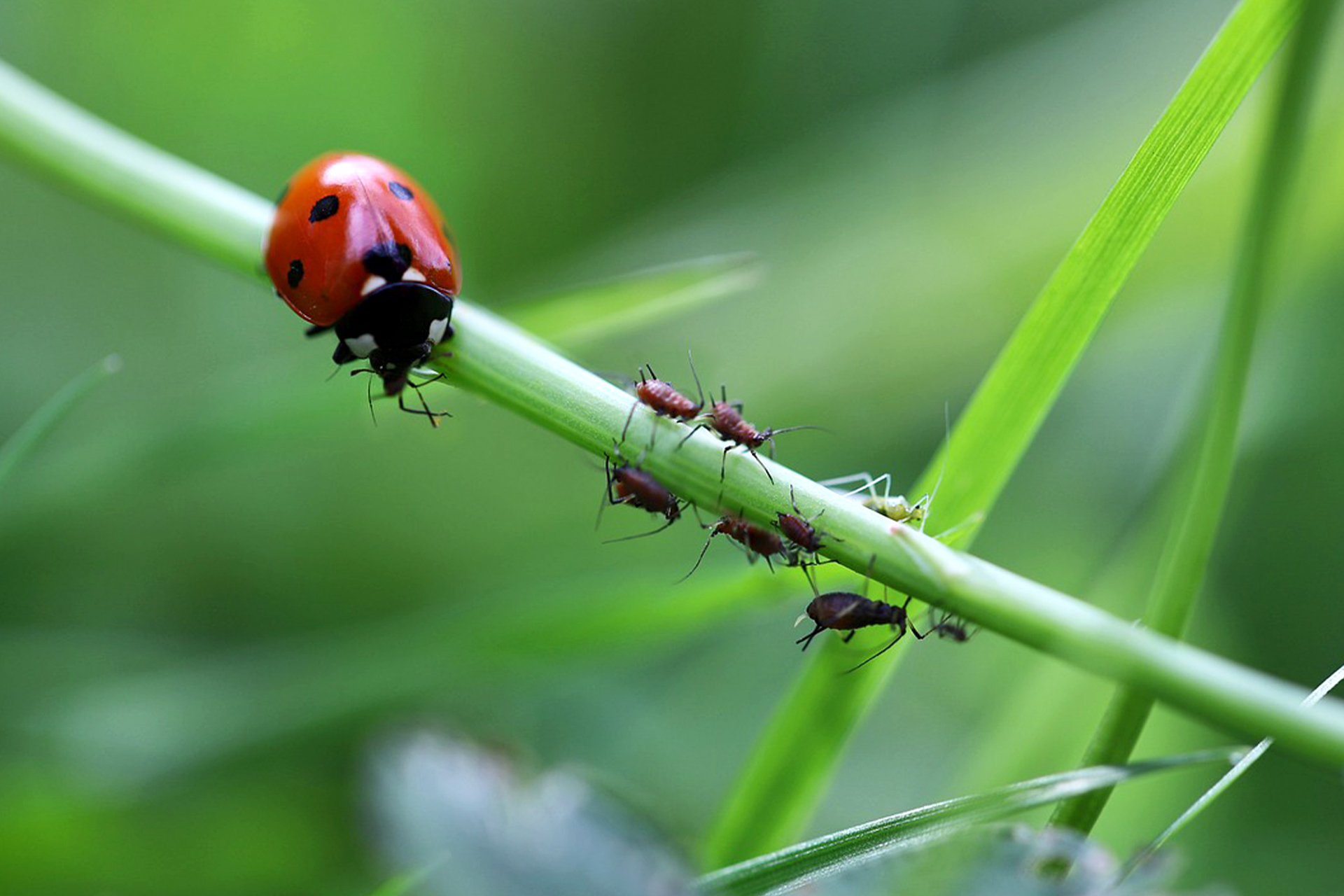
Once you know the basics of integrated pest management (IPM), it's easy and effective to put into action in your garden.
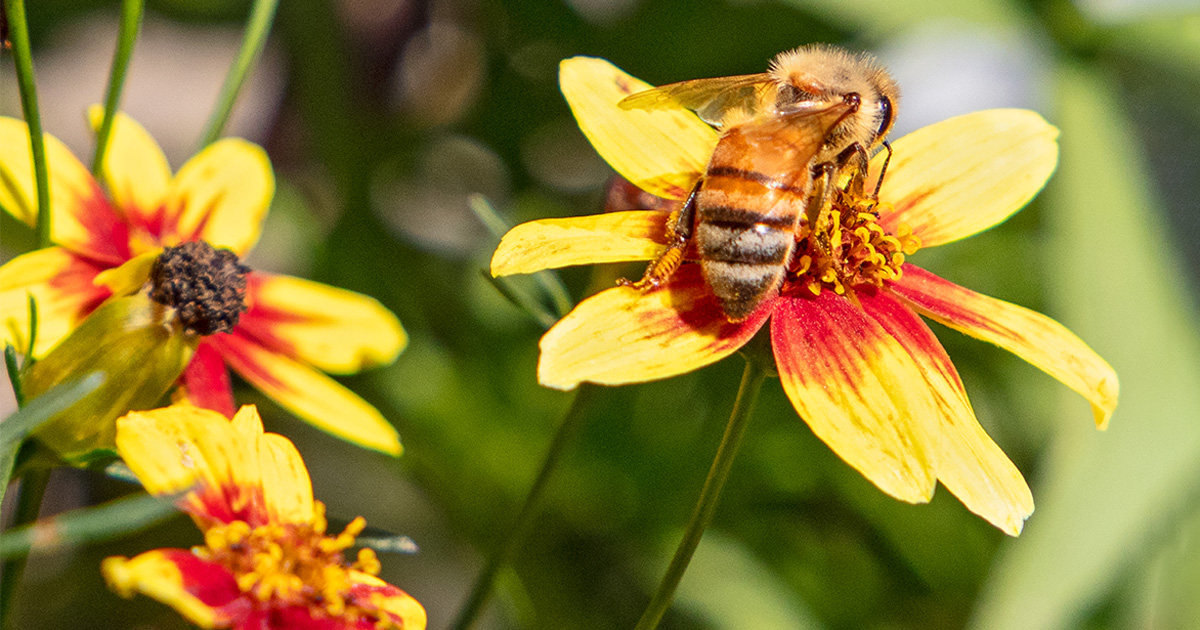
Learn why Beneficial Bugs are so important in Northern Nevada and what types of plants to plant in your garden or landscape to attract and keep them.
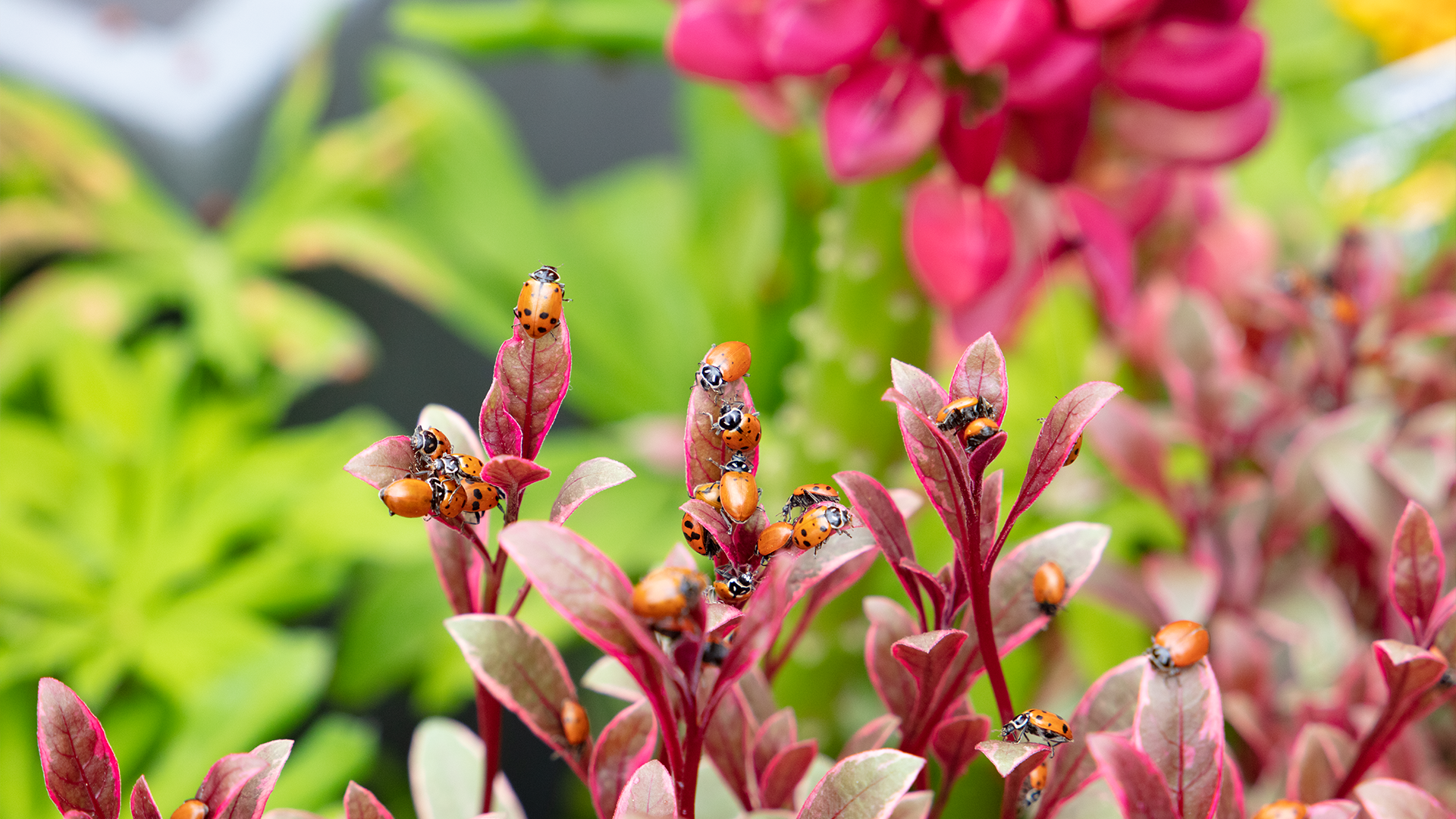
We have all the info you need to attract and keep ladybugs in your garden to help keep bad bugs out!
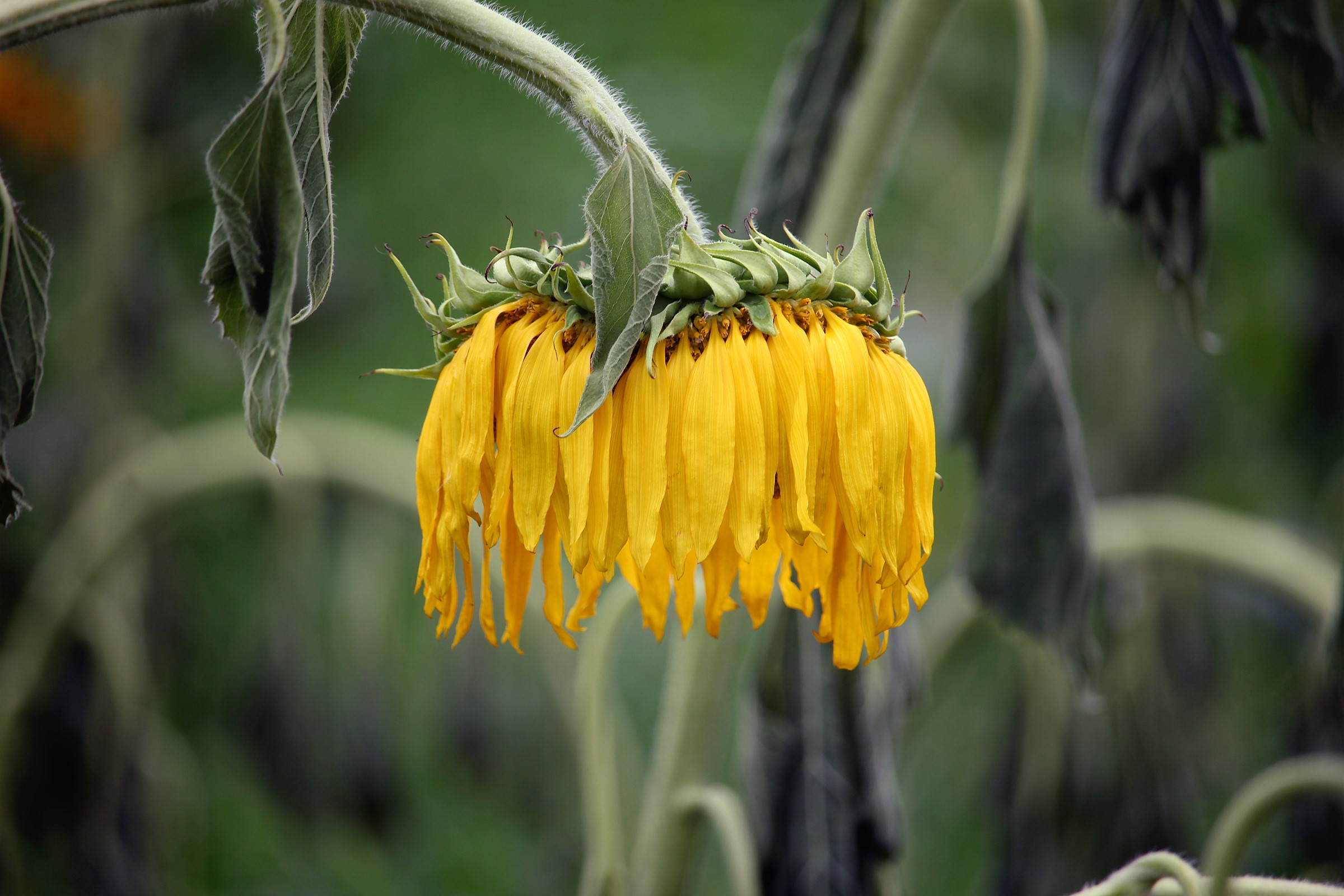
How should you take care of your garden during the hottest time of the year? We have some tips for you to keep your garden thriving in the summer heat.
